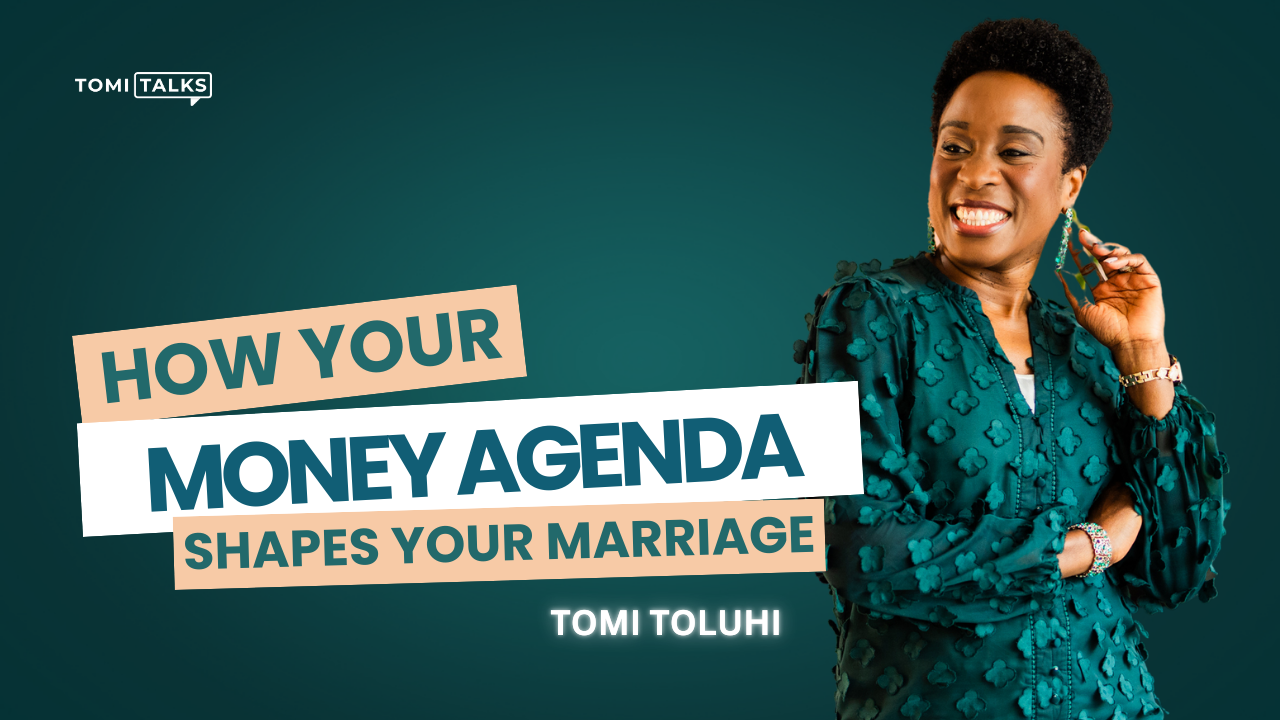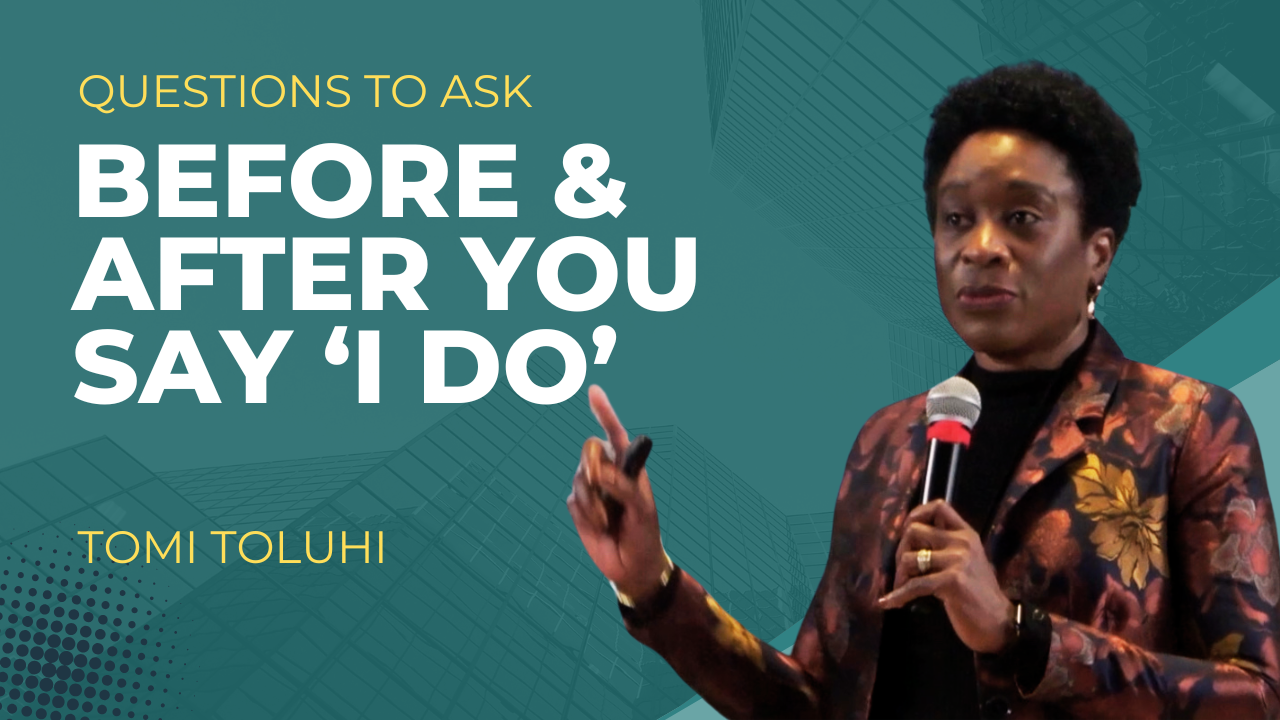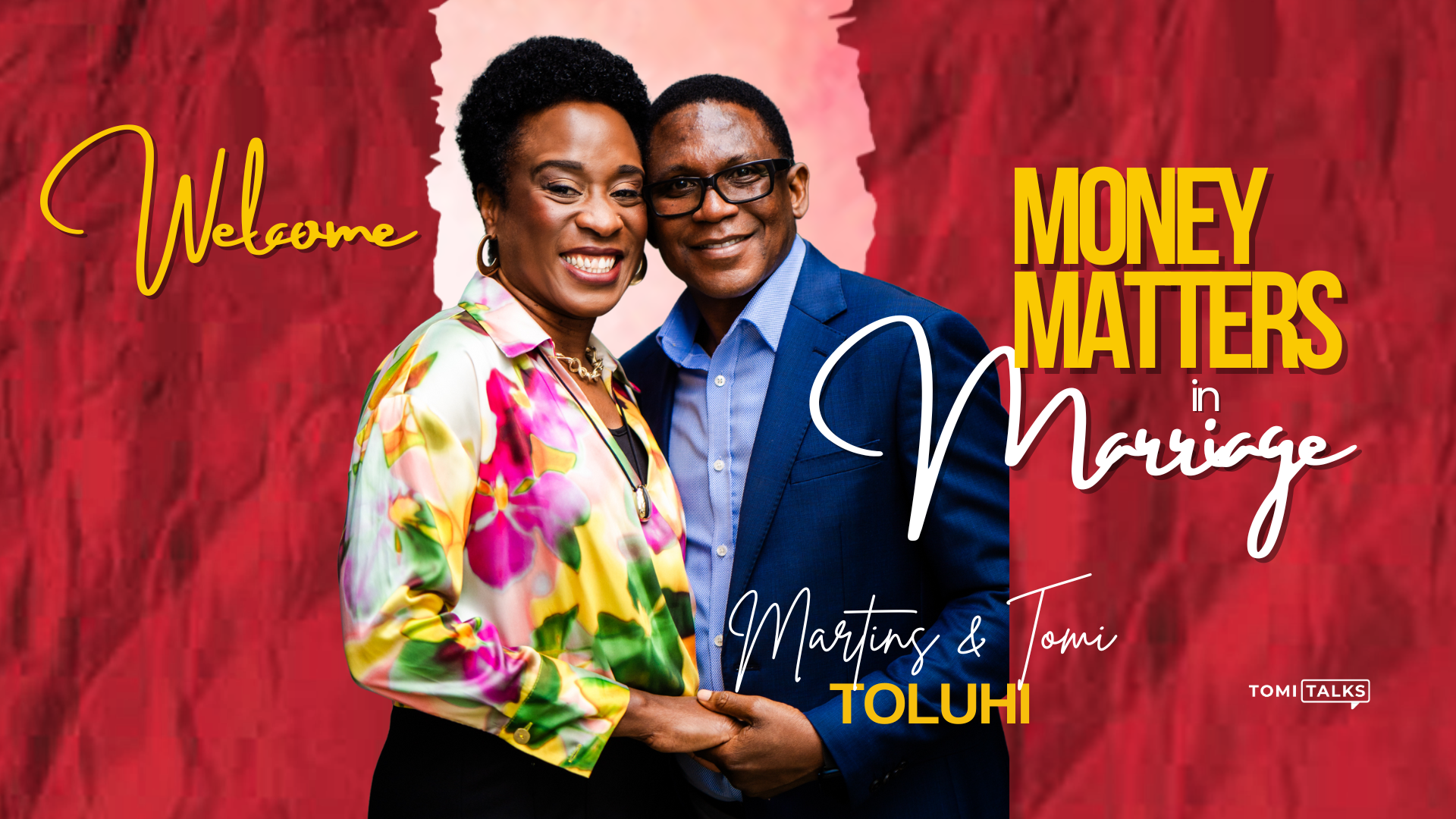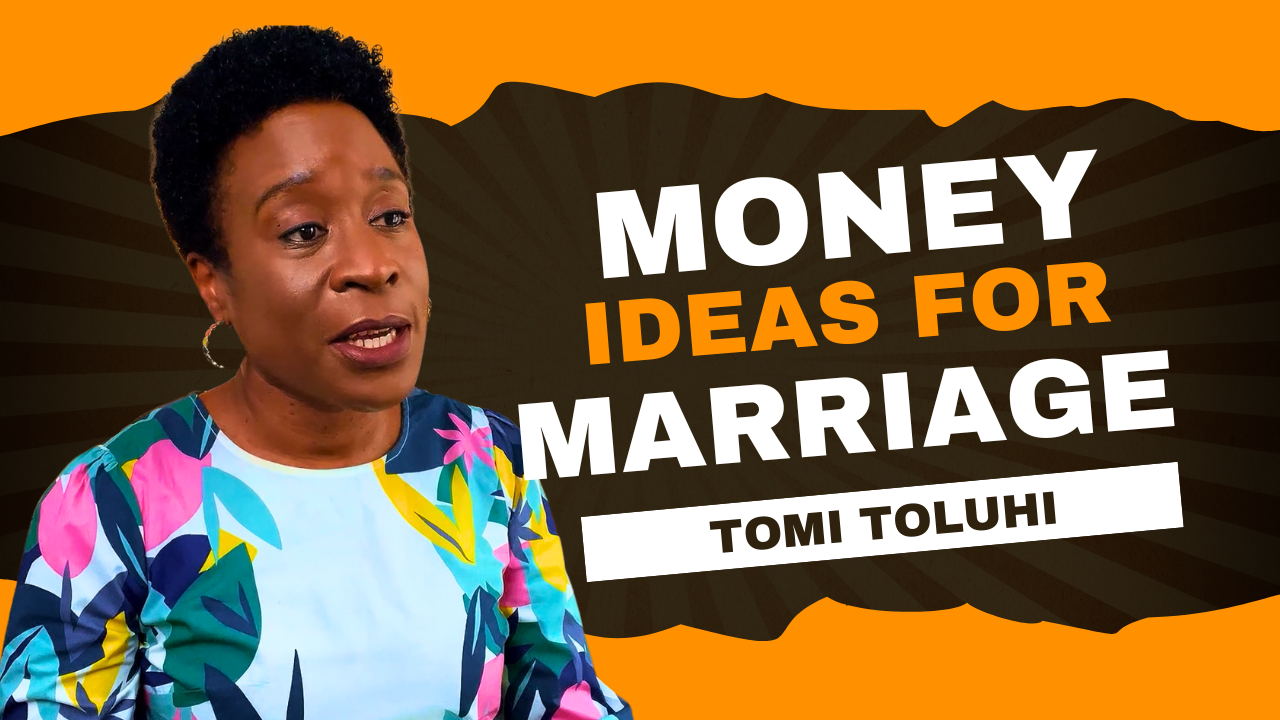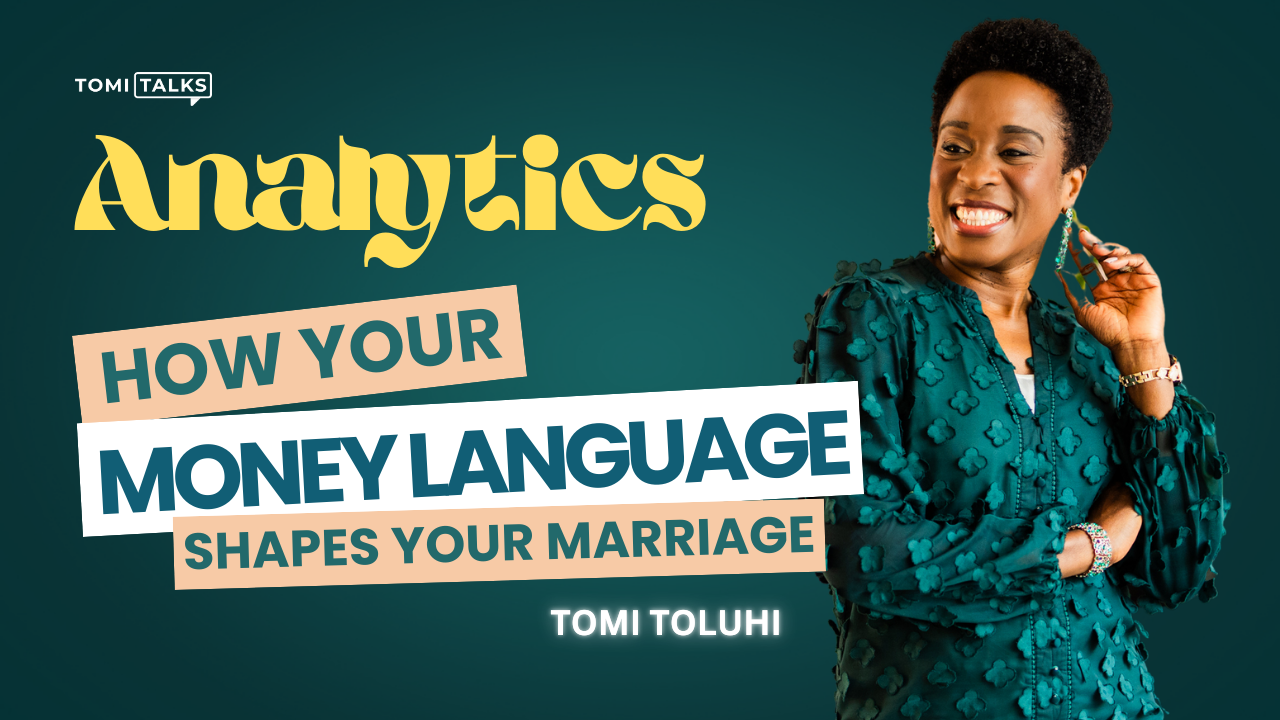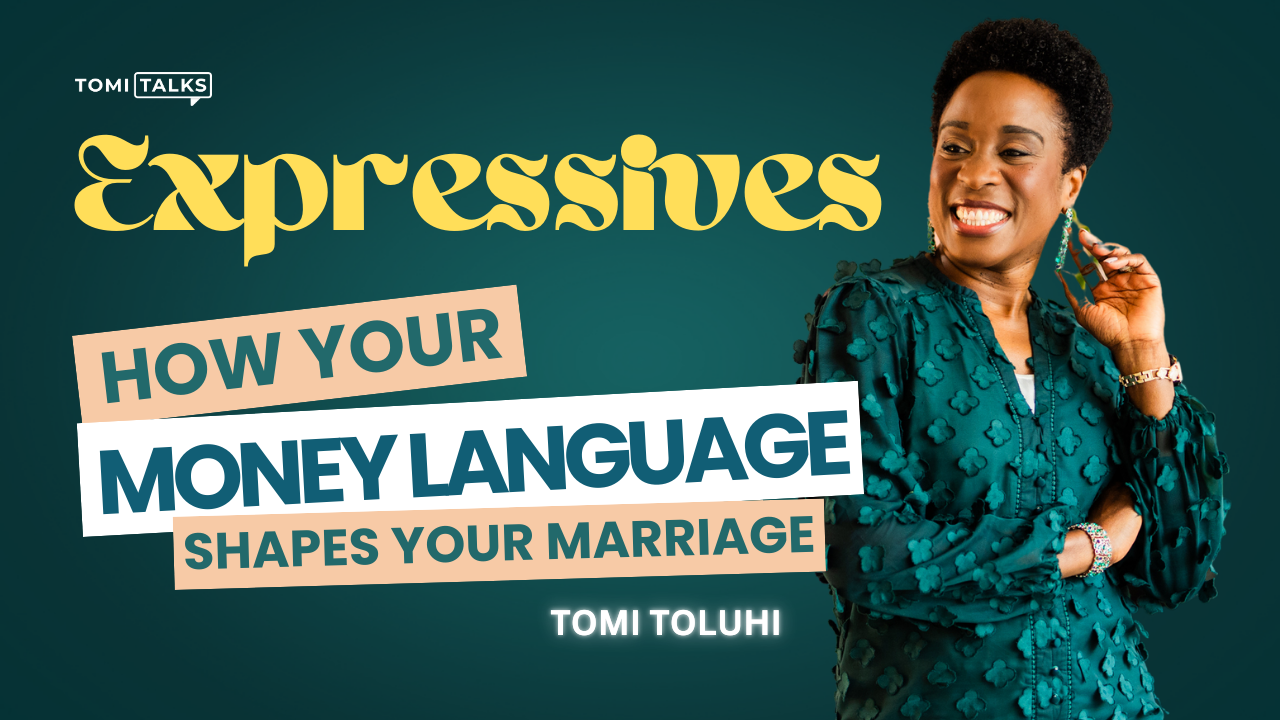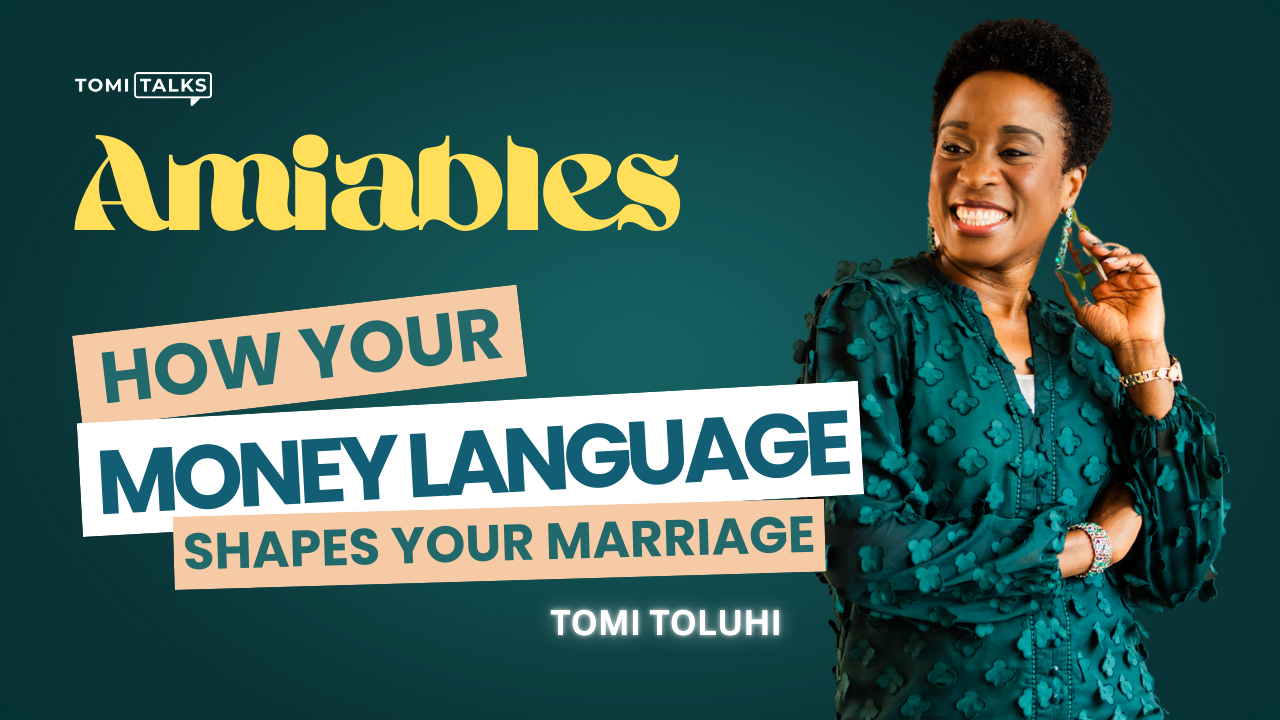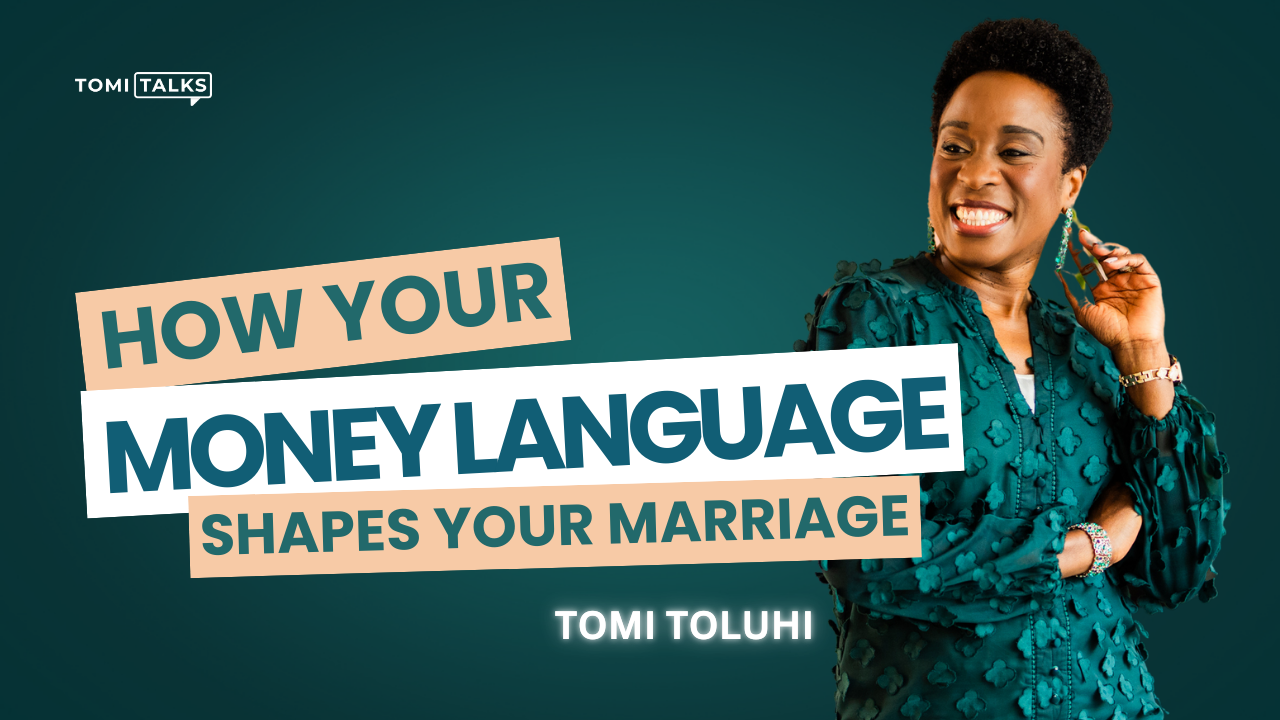Have you forgiven you?
Have you ever said or done something that was obviously such an error of judgement that you found it hard to recover? Maybe you still blame yourself for a disastrous mistake you made a month ago, a year ago or even a decade ago. As we prepare our hearts to celebrate Easter I think it is well worth reflecting on the transforming power of forgiveness. Forgiveness is what the Easter story is all about. The entire Christian faith and experience is founded on forgiveness. The fact that God in His ultimate goodness chose to forgive us of all offences, committed and yet to be committed, in order to ensure that we have unlimited access to Him as our Father, is mind blowing. Forgiveness restored our relationship with God.
In the same way, human forgiveness has the capacity to restore broken relationships. Even where the relationship cannot be restored, forgiveness heals wounded hearts. Forgiveness is not the easiest exercise for anyone but it is a therapeutic one. Those who master the art of forgiving others position their hearts for inner peace.
As hard as it is to forgive others, for many people there is one thing that is even harder. Forgiving self. When somebody hurts you, at least you have the comfort of claiming that it was not your fault. The responsibility for the offence lies with the offender; your only responsibility is to choose the right response. That’s not always easy, but it is more palatable than when the source of offence is yourself. How do you face up to the fact that you have done something to badly hurt someone you love which may have a profound impact on the viability of the relationship? Or how do you come to terms with the fact that your actions have become a source of hurt for you?
For many of us, our failures are often followed by an endless cycle of guilt and recrimination. There is no doubt that human mistakes can be costly and if you have done something that has turned out to have long-term consequences, it can be difficult to recover. Sometimes we find it hard to distinguish between godly conviction and ungodly guilt. I am a 100% advocate of repentance which is a product of godly conviction. Repentance brings us to a place where we are ready to accept God’s forgiveness and move on, taking with us the lessons we have learnt from our mistakes.
Guilt on the other hand produces feelings of regret and shame but it does not have the power to propel us into a better way of living. The Apostle Paul describes this condition as ‘excessive sorrow’ in 2 Corinthians 2:7. If you feel so bad about something you have done that you are unable to recover from it, despite repentance before God, you are experiencing guilt which does not come from God. All of God’s dealings with us are designed to lift us up out of our mess, not to depress us and push us further into it.
One of the risky aspects of our inability to forgive ourselves is that it can impact on our ability to forgive others. Many times our struggle to forgive others is a reflection of a struggle to forgive ourselves. If you are merciless to yourself, that attitude has the propensity to make you merciless with others. It needs to be recognised that Jesus came to give you freedom, not to make you feel there’s no hope for you. If the Righteous Judge has chosen to forgive you, what right do you have not to forgive yourself? Surely you cannot be more righteous than God!
There can be no better case study of forgiving yourself than Peter, the disciple who denied Jesus. It is clear that Judas Iscariot set out to betray Jesus, yet he eventually experienced regret which led to him committing suicide. Peter on the other hand had every intention of staying faithful to Jesus but in a moment of weakness he denied the one he loved the most. Imagine denying the Saviour of the world. Failures don’t get any worse than that! Nevertheless, if Peter did not forgive himself, the forgiveness of Christ would have had no effect on how he lived his life. He would never have had the opportunity to bounce back and become all that Jesus knew he could be. We would have lost the profound impact he made for God in his lifetime.
Guilt robs us of our power to act on our potential. It makes us feel disqualified and counted out from the race of life. Peter had to face the fact that even though he had denied Jesus, Jesus had not denied him. He must have wondered whether the other disciples were silently judging him for his denial of Christ. It must have crossed his mind to consider whether they were silently questioning the legitimacy of his leadership in those early days of the Church. Nevertheless, when Peter heard that the Lord had resurrected he ran towards him and not away from him. He rose from his mistake a better person. Shame and condemnation will keep you away from God. Forgiving yourself will draw you closer to the father heart of God and reposition you to fulfil your potential.
Where have you failed? What grievous mistake have you made which is holding you back from living and loving? Have you failed a friend, your spouse, your children or yourself. By all means repent, but also give yourself the permission to move on with life. It happened, it hurts but it can be healed. The key is to forgive yourself as Christ has already done. Silence the accusations in your head once and for all. Accept the grace God has extended towards you. Rise and give your very best to our world. Make this your most memorable Easter ever. Forgive you.
